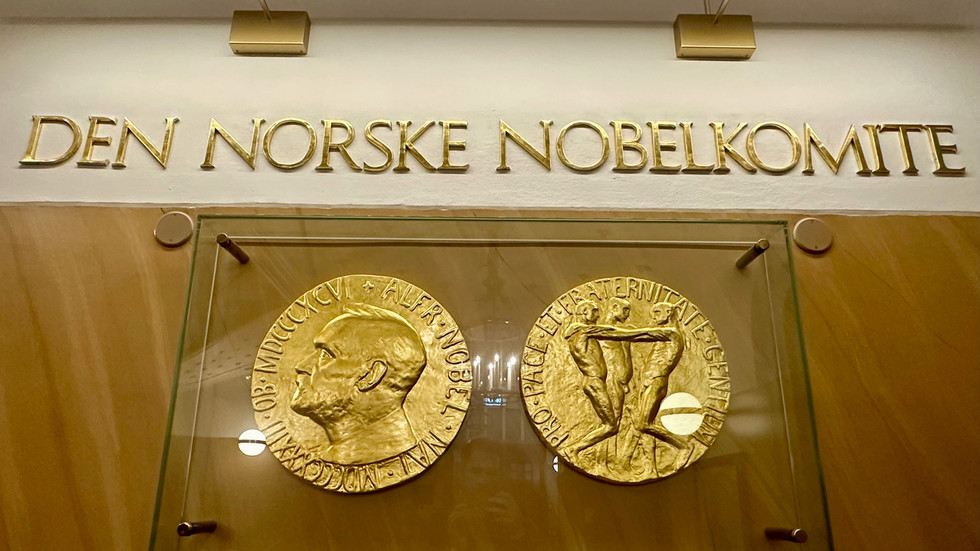The Norwegian Nobel Committee has awarded this year’s Peace Prize to Nihon Hidankyo, a grassroots organization of atomic bomb survivors from Japan, in recognition of its enduring advocacy for a world free from nuclear weapons. This decision comes amid heightened concerns regarding the potential use of nuclear arms in current global conflicts, particularly in light of Russia’s ongoing threats related to the Ukraine situation. The Peace Prize highlights the historical context of nuclear warfare, as Japan remains the only nation to have suffered atomic bombings, specifically in Hiroshima and Nagasaki in August 1945. The bombings resulted in approximately 120,000 immediate deaths, with many additional fatalities from burns and radiation-related illnesses in the subsequent years.
In its announcement, the Nobel Committee underscored the dire nature of modern nuclear arsenals, emphasizing their significantly enhanced destructive capabilities compared to those used during World War II. They warned that a nuclear war today could lead to catastrophic loss of life, environmental devastation, and the collapse of civilization itself. This reflects a broader consensus that the current geopolitical climate, characterized by rising tensions among nuclear powers, is increasingly precarious. The Committee pointed out the alarming trends whereby nuclear states are not only maintaining but modernizing their arsenals, while others are showing intentions to acquire such capabilities, raising the specter of renewed nuclear engagement.
Recent commentary from Russian officials also underscores the volatility of the current situation. In response to what they perceive as Western provocation and military support to Ukraine, Russian authorities have emphasized that their country may be compelled to consider nuclear options. Specifically, Foreign Ministry spokeswoman Maria Zakharova issued stark warnings about the potential for direct military confrontation between nuclear states, urging the West to reflect on the severe ramifications of escalating tensions. This rhetoric points to a precarious global security environment, where the line between conventional and nuclear warfare may blur amid escalating regional conflicts.
As the conflict in Ukraine persists, President Vladimir Putin has proposed revisions to Russia’s nuclear strategy in light of ongoing discussions among Western allies regarding the provision of advanced weaponry to Ukraine. He suggested that any aggression toward Russia, especially from non-nuclear countries supported by nuclear nations, should be viewed as a collective challenge that could trigger a nuclear response. This proposal underlines the heightened stakes of international engagement, where traditional military maneuvers are increasingly intertwined with nuclear posturing.
Putin’s suggested nuclear doctrine adjustments serve both as a deterrent against perceived Western aggression and a signal of the growing military tensions that characterize the present international order. Kremlin spokesperson Dmitry Peskov stated that redefining the rules of engagement in nuclear terms is crucial in discouraging Western involvement in what Russia labels as hostile actions against it. These developments highlight the urgent need for dialogue and diplomacy in addressing the underlying issues fueling these conflicts, lest they escalate into a larger confrontation involving nuclear capabilities.
The Nobel Committee’s recognition of Nihon Hidankyo reflects an urgent call to action against the backdrop of these troubling geopolitical trends. Their advocacy for a world devoid of nuclear weapons carries significant weight, particularly given the historical experiences of Hiroshima and Nagasaki survivors. As nuclear powers continue to modernize their arsenals and risk engaging in nuclear rhetoric, the imperative for global disarmament has never been more pressing. Both the Peace Prize and the current geopolitical landscape underscore the necessity of collective international action to prevent the devastating consequences of nuclear warfare.

